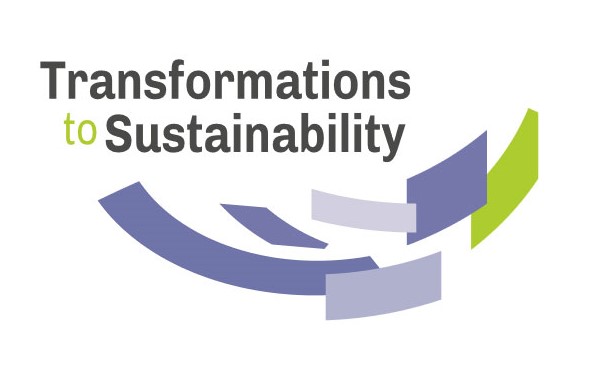In July 2021, the Intergovernmental Science-Policy Platform on Biodiversity and Ecosystem Services (IPBES) called for nominations of experts to participate in the assessment of the interlinkages among biodiversity, water, food and health (the ‘Nexus Assessment’), and the assessment of the underlying causes of biodiversity loss, the determinants of transformative change, and options for achieving the 2050 vision for biodiversity (the ‘Transformative Change Assessment’).
The International Science Council, which is uniquely positioned as a convenor of the scientific community and an advocate for transformations to sustainability, responded to this call by nominating experts from around the globe. Today, we are pleased to announce that three of our nominees were selected as lead-authors for these assessments:
- Alex Godoy (nominated by ISC Member the Global Young Academy) for the Nexus Assessment
- Nick Roskruge, Professor at Massey University in New Zealand (nominated by ISC Member the Royal Society Te Apārangi of New Zealand) for the Transformative Change Assessment
- Ronald Twongyirwe, Senior Lecturer at Mbarara University of Science and Technology Uganda (nominated by the ISC Transformations to Sustainability Programme) for the Nexus Assessment
Now that their scoping stage is completed, both assessments are currently under expert evaluation, where working groups will review existing literature and conduct expert meetings to synthesize available evidence. This month, the authors for the Assessments will have an introductory meeting. The Assessments will then be peer-reviewed (internally and externally) before their summaries for policymakers are negotiated by governments and relevant stakeholders and finalized and approved in the IPBES Plenary.
“These new IPBES assessments will be among the most complex and interdisciplinary ever undertaken.”
Dr. Anne Larigauderie, Executive Secretary of IPBES
Over the next three years, the undertaking of the Nexus Assessment will include the examination of the interlinkages among the sustainable development goals related to food and water security, health for all, protecting biodiversity on land and in the oceans and combating climate change.
“Since the publication of the IPBES Global Assessment, in 2019, Governments and other decision-makers have increasingly realized the importance of addressing the loss of biodiversity and the degradation of nature’s contributions to people holistically and with great urgency. The Nexus Assessment will help inform consideration of synergies and trade-offs in terms of social, economic and environmental impacts.”
Profs. Harrison, McElwee and Dr. Obura, co-chairs for the Nexus Assessment
The Transformative Change Assessment aims to understand and identify factors in human society at both the individual and collective levels, including behavioural, social, cultural, economic, institutional, technical and technological dimensions, that may be leveraged to bring about transformative change for the conservation, restoration and wise use of biodiversity, while taking into account broader social and economic goals in the context of sustainable development.
“The Transformative Change Assessment will offer practical options for concrete action to foster, accelerate and maintain the transformative change necessary for a more sustainable future.”
Profs. Agrawal, Garibaldi and O’Brien, co-chairs for the Transformative Change Assessment
As the world still recovers from the COVID-19 pandemic, and with less than a decade to reach the goals of Agenda 2030, the next few years are of paramount importance to increase the efforts to support societies in transforming towards a more equitable, more sustainable future.
You might also be interested in
Our Transformations to Sustainability (T2S) Programme
The Transformations to Sustainability (T2S) programme supports and advances international, transdisciplinary research with a focus on the social dimensions of the causes of and solutions to sustainability challenges.
Read IPBES’ media release.
Header photo by Suzanne D. Williams on Unsplash.
